The recent announcement of a new security agreement between China and the Solomon Islands has rattled leaders in Washington, Canberra, and other Indo-Pacific capitals who fear it opens the door to a Chinese military presence in the southern Pacific. Much of the attention has been on the deal’s potential to lead to a Chinese military base on the island nation, and the power-projection capabilities the People’s Liberation Army (PLA) would gain as a result. But the new pact raises another critical question that has received less attention: is China is reentering the business of militarily propping up friendly regimes?
While Beijing is no stranger to serving as an economic and diplomatic lifeline to close partners, it has largely eschewed providing direct security assistance to other states since the second half of the Cold War, for both pragmatic and principled reasons. Although it remains to be seen how precisely Beijing and Honiara will operationalize their new security pact, a looming question is whether this agreement will prove to be an exception or if it heralds the rise of a more activist China that is now willing to extend military support to other states in its concerted search for allies.
If the latter turns out to be the case, there may be sweeping geostrategic consequences, including heightened incentives for rogue actors and regimes to play off Washington and Beijing in pursuit of their parochial interests, the erosion of democratic governance and norms, and greater volatility in the global arena as a result.
Is China entering a new chapter of interventionism?
According to the leaked draft of the security agreement between China and the Solomon Islands, Beijing has agreed to send armed police, military personnel, and other law enforcement forces to assist Honiara in “maintaining social order, protecting people’s lives and property, and providing humanitarian assistance.” The draft text also states that China, with the consent of Honiara, can use its forces to protect Chinese personnel and projects, and for its ships to stopover and carry out “logistical replenishment” in the Solomon Islands. While firmly denying that the agreement allows for a Chinese naval base, Prime Minister Manasseh Sogavare has characterized the new security pact with Beijing as necessary for countering the “hard internal threats” facing his country. Sogavare has made the case that the Solomon Islands’ existing bilateral security treat with Australia, which was most recently activated last year following anti-government protests in the capital, has proven “inadequate.”
Beijing’s commitment to help Honiara “maintain social order” through a bilateral agreement is quite striking because while Chinese security personnel have been dispatched to foreign conflict zones in recent years, they have usually been sent under the auspices of a United Nations peacekeeping operation or as part of multinational law enforcement efforts focused on combating terrorism and criminal activities such as piracy and drug trafficking, rather than with the mandate of keeping a particular government in power. Chinese leaders often emphasize that their country is a “new type of major power” that opposes militarily interventions. In fact, Chinese leaders and elites tend to believe that the United States’ misadventures as a global security provider have contributed to its decline, and insist China has no interest in taking on such a role.
Nevertheless, Beijing has increased its peacekeeping and law enforcement activities abroad over the past two decades to both strengthen China’s image as a “responsible power,” and to advance its narrower interests in protecting Chinese citizens and investments abroad; extending its extraterritorial reach to monitor and extradite Chinese nationals in foreign settings; and securing its borders from extremist groups. Beijing’s new deal with Honiara is motivated by many of these same objectives. The desire to protect Chinese citizens and businesses was likely a large factor given that recent unrest in the Solomon Islands targeted Chinese businesses and was driven in part by Sogavare’s decision to formally recognize China instead of Taiwan. The opportunity to extend the PLA’s reach into a strategically important theater was undoubtedly a decisive factor as well. But the fact that Beijing agreed to provide direct security assistance to help a foreign government defend against “internal threats” in exchange for advancing Chinese interests indicates a potentially alarming shift in China’s modus operandi, which until now has primarily involved the extension of loans, investments, and other economic incentives, rather than direct intervention in civil conflicts, to win friends and influence in the global arena.
In addition, the leaked draft agreement explicitly states China may send the People’s Armed Police (PAP) to engage in law enforcement activities. The PAP is the Chinese Communist Party’s paramilitary force with a primary mission to maintain internal stability inside China. The PAP’s duties include relatively benign assignments such as providing disaster relief and protecting government compounds, as well as more notorious ones such as suppressing “mass incidents” throughout the country and “maintaining order” in regions like Xinjiang and Tibet. Although there are instances of PAP forces being dispatched beyond China’s borders for joint counterterrorism initiatives with neighboring states such as Tajikistan and Afghanistan, and in relatively small numbers as part of U.N. peacekeeping missions, its deployment abroad to keep a particular regime in power would be unprecedented.
How China’s growing security activism could change the geostrategic landscape, and implications for U.S. policy
To be certain, China is not the only player helping maintain internal stability in the Solomon Islands. Australia, New Zealand, and other Pacific states have sent police and troops to the island nation for peacekeeping purposes since the early 2000s. Canberra most recently faced criticism from protestors for deploying forces to combat unrest at Sogavare’s request and giving a “moral boost” to the incumbent government. Nor would China be the first great power to use its military might to keep friendly foreign regimes in power. But Beijing’s deal with Sogavare has come under scrutiny by opposition forces in the Solomon Islands and other regional stakeholders for its complete lack of transparency and allegations of corruption. The potential for the deployment of PAP forces to the region also raises concerns about the use and spread of Beijing’s repressive domestic security practices and technologies outside China’s borders.
Given the secretive nature of the China-Solomon Islands agreement and what is likely vague language that is open to interpretation if the final text is akin to the draft version, it will be critical to watch how Beijing and Honiara ultimately implement their security deal. For instance, Beijing may choose to narrowly protect Chinese citizens and businesses in the case of renewed unrest and otherwise remain above the fray, or it may elect to lean in heavily to provide decisive security support to keep its favored party in power. If Beijing chooses the latter model, and this serves as a precedent for deals with other partner states going forward, it could very well set into motion destabilizing dynamics unseen since the Cold War when two competing blocs sponsored rival regimes around the world. Such a development would be devasting for democratic governance and norms, global prosperity, and much needed international coordination to address pressing challenges like climate change and nuclear nonproliferation.
The United States has been criticized for overlooking the Solomon Islands for decades and coming “too late” to the region, jeopardizing its longstanding interest in preserving a free and open Indo-Pacific and ensuring no rival power creates exclusionary zones or uses the Pacific to threaten the security of the United States or its allies and partners. While the past cannot be undone, the Biden administration has promised to deepen engagement with Pacific island nations going forward and to assist these states with pressing 21st century challenges including addressing climate change, COVID-19 vaccines, and illegal fishing.
Delivering on these commitments while ensuring partner states are not treated simply as pawns in a geopolitical battle will be essential for preserving the United States’ influence and soft power in the region. In addition, long-term investments in capacity building to strengthen democratic norms, civil society, the free flow of information, and media literacy in the Pacific islands — as elsewhere — will be just as, if not more critical, so that leaders and citizens can effectively scrutinize and better manage China’s growing economic, diplomatic, and military presence in their region.
The Brookings Institution is committed to quality, independence, and impact.
We are supported by a diverse array of funders. In line with our values and policies, each Brookings publication represents the sole views of its author(s).

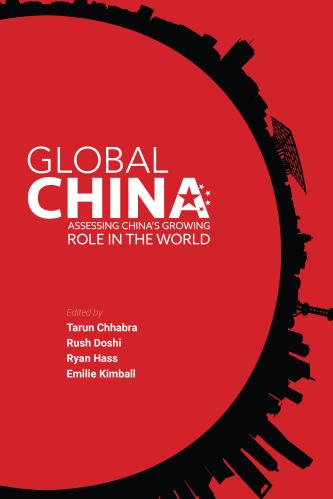
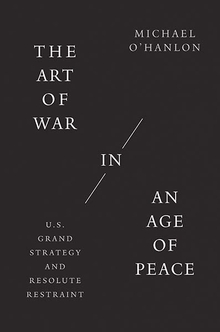
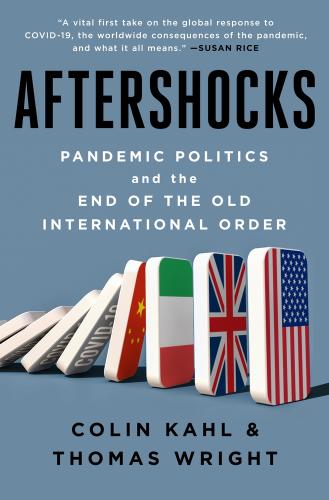
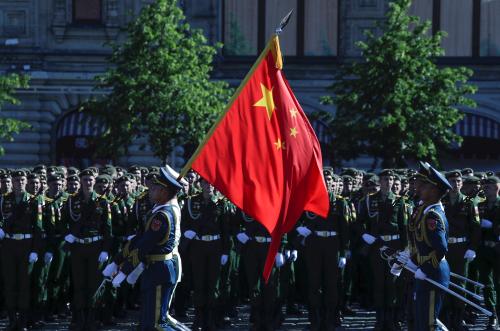
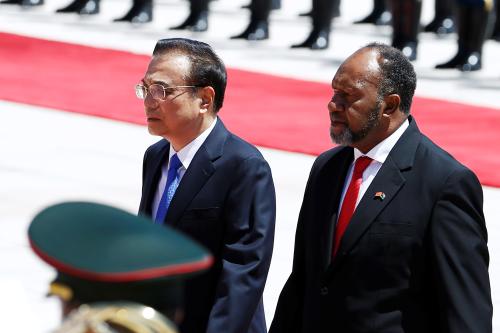
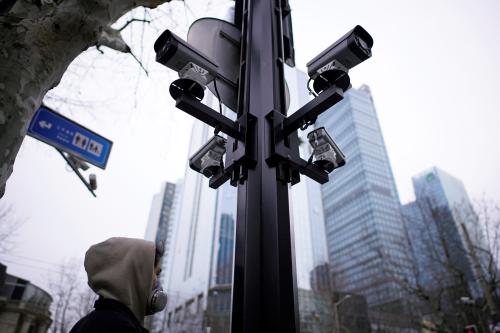




Commentary
Does the China-Solomon Islands security pact portend a more interventionist Beijing?
May 6, 2022